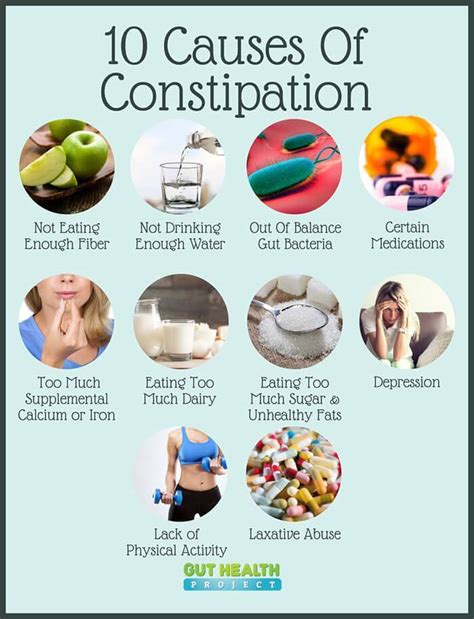Bowel problems like diarrhea, constipation, and fecal incontinence can significantly impact quality of life. Recent research suggests that COVID-19 may exacerbate these gastrointestinal (GI) issues. A substantial number of COVID-19 patients report GI symptoms, and studies are ongoing to understand the long-term effects of the virus on the digestive system.
One of the most challenging GI infections is caused by Clostridioides difficile (C. diff), a bacterium that is a leading cause of healthcare-associated infections in the US. It’s particularly dangerous for older adults and those in hospitals or nursing homes.
Constipation is another common GI issue, with causes ranging from neurological disorders like Parkinson’s disease and multiple sclerosis, to metabolic and endocrine disorders such as diabetes. Even systemic conditions like scleroderma can lead to constipation.
There’s also growing evidence that post-COVID-19 patients might experience chronic gut symptoms. This may be related to a condition known as post-infectious irritable bowel syndrome (IBS), which can occur after gastrointestinal infections.
In managing diverticular disease, it’s crucial to avoid straining during bowel movements, as this can lead to complications like perforation or diverticulitis. Lifestyle modifications, such as increased water and fiber intake and regular exercise, are recommended for treating primary constipation.

To learn more about these issues and potential treatments, visit
Harvard Health,
Harvard Gazette,
Harvard Health Blog,
Harvard Health,
Harvard Health Blog,
Harvard Health, and
Washington University School of Medicine for detailed information.